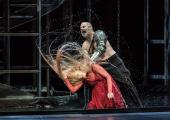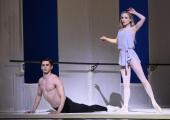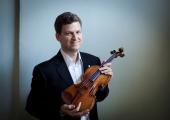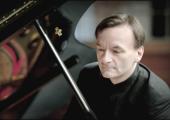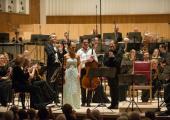Pelléas et Mélisande, English Touring Opera
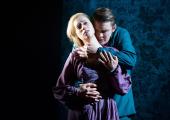
A deft chamber arrangement makes for an unusually intimate production
Shorn of several scenes, characters, and a large portion of the orchestra, the question was always whether English Touring Opera’s Pelléas et Mélisande was going to thrive in its new intimacy and intensity or shatter with the pressure. The answer sits somewhere between the two, in a production where some orchestral deficiencies are supplemented by a strong cast and bleeding cuts are – at least partially – staunched by an elegant, understated production.


